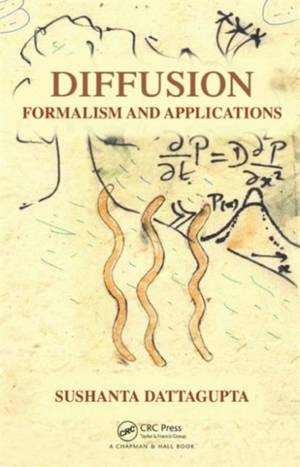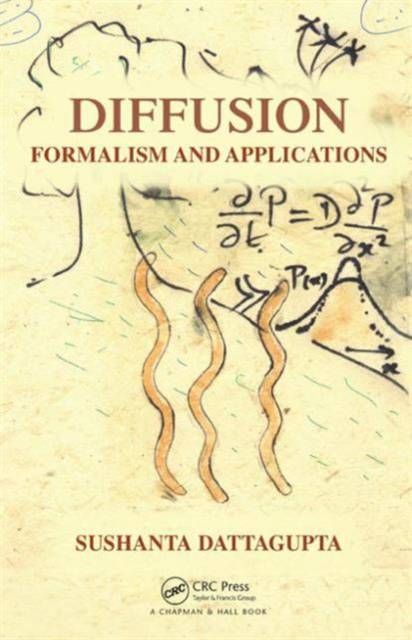
- Retrait gratuit dans votre magasin Club
- 7.000.000 titres dans notre catalogue
- Payer en toute sécurité
- Toujours un magasin près de chez vous
- Retrait gratuit dans votre magasin Club
- 7.000.0000 titres dans notre catalogue
- Payer en toute sécurité
- Toujours un magasin près de chez vous
Description
Within a unifying framework, Diffusion: Formalism and Applications covers both classical and quantum domains, along with numerous applications. The author explores the more than two centuries-old history of diffusion, expertly weaving together a variety of topics from physics, mathematics, chemistry, and biology.
The book examines the two distinct paradigms of diffusion--physical and stochastic--introduced by Fourier and Laplace and later unified by Einstein in his groundbreaking work on Brownian motion. The author describes the role of diffusion in probability theory and stochastic calculus and discusses topics in materials science and metallurgy, such as defect-diffusion, radiation damage, and spinodal decomposition. In addition, he addresses the impact of translational/rotational diffusion on experimental data and covers reaction-diffusion equations in biology. Focusing on diffusion in the quantum domain, the book also investigates dissipative tunneling, Landau diamagnetism, coherence-to-decoherence transition, quantum information processes, and electron localization.
Spécifications
Parties prenantes
- Auteur(s) :
- Editeur:
Contenu
- Nombre de pages :
- 308
- Langue:
- Anglais
Caractéristiques
- EAN:
- 9781439895573
- Date de parution :
- 12-11-13
- Format:
- Livre relié
- Format numérique:
- Genaaid
- Dimensions :
- 160 mm x 236 mm
- Poids :
- 612 g

Les avis
Nous publions uniquement les avis qui respectent les conditions requises. Consultez nos conditions pour les avis.






